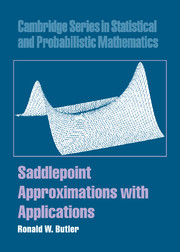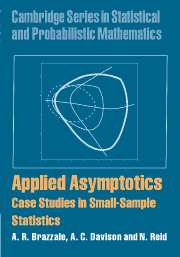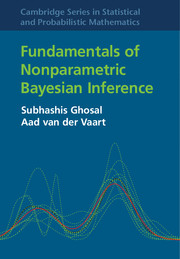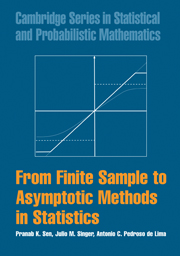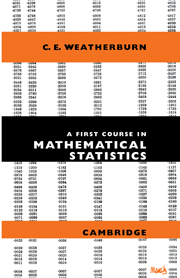Saddlepoint Approximations with Applications
Modern statistical methods use complex, sophisticated models that can lead to intractable computations. Saddlepoint approximations can be the answer. Written from the user's point of view, this book explains in clear language how such approximate probability computations are made, taking readers from the very beginnings to current applications. The core material is presented in chapters 1-6 at an elementary mathematical level. Chapters 7-9 then give a highly readable account of higher-order asymptotic inference. Later chapters address areas where saddlepoint methods have had substantial impact: multivariate testing, stochastic systems and applied probability, bootstrap implementation in the transform domain, and Bayesian computation and inference. No previous background in the area is required. Data examples from real applications demonstrate the practical value of the methods. Ideal for graduate students and researchers in statistics, biostatistics, electrical engineering, econometrics, and applied mathematics, this is both an entry-level text and a valuable reference.
- An accessible, readable introduction that equips the reader to use the methods for real applications
- Abundant examples, both numerical and theoretical, build and reinforce skills and understanding
- Author is a major contributor to the field: this is, and will remain, the book on saddlepoint approximation
Reviews & endorsements
'The prose is clear, conversational, and occasionally enlivened with wry humour. The overall impression is of great readability. The author has set out to make saddlepoint approximations more accessible to the reader, aiming to simplify and clarify the sometimes turgid literature, and has succeeded admirably.' Journal of Applied Statistics
'Today this is perhaps the most powerful method used in statistical theory and practice. … This big book with its big coverage of a big topic is a big addition to the big Cambridge series.' Journal of the Royal Statistical Society
Product details
August 2007Hardback
9780521872508
578 pages
253 × 183 × 33 mm
1.21kg
131 b/w illus. 120 tables 283 exercises
Available
Table of Contents
- Preface
- 1. Fundamental approximations
- 2. Properties and derivatives
- 3. Multivariate densities
- 4. Conditional densities and distribution functions
- 5. Exponential families and tilted distributions
- 6. Further exponential family examples and theory
- 7. Probability computation with p*
- 8. Probabilities with r*-type approximations
- 9. Nuisance parameters
- 10. Sequential saddlepoint applications
- 11. Applications to multivariate testing
- 12. Ratios and roots of estimating equations
- 13. First passage and time to event distributions
- 14. Bootstrapping in the transform domain
- 15. Bayesian applications
- 16. Non-normal bases
- References
- Index.

